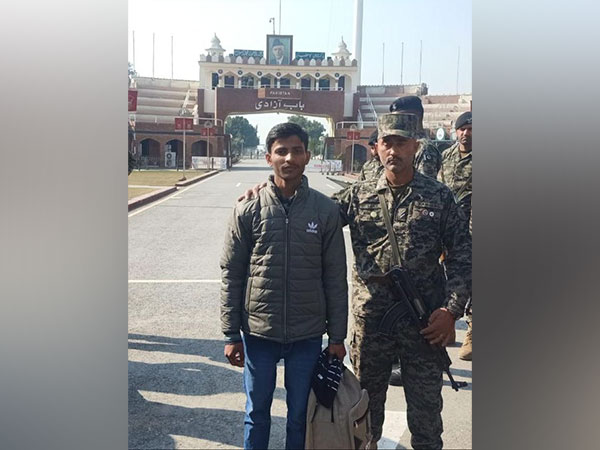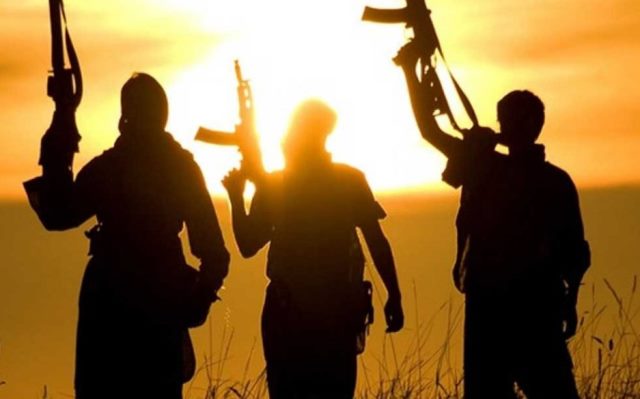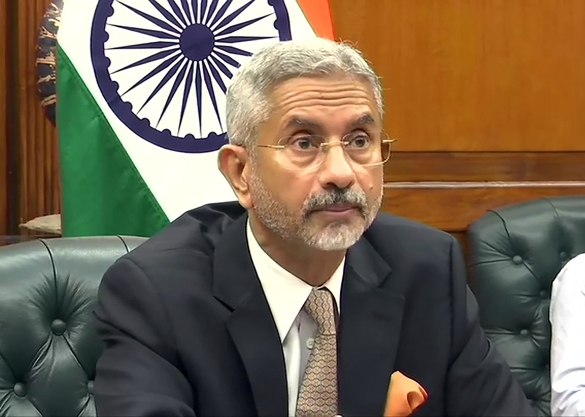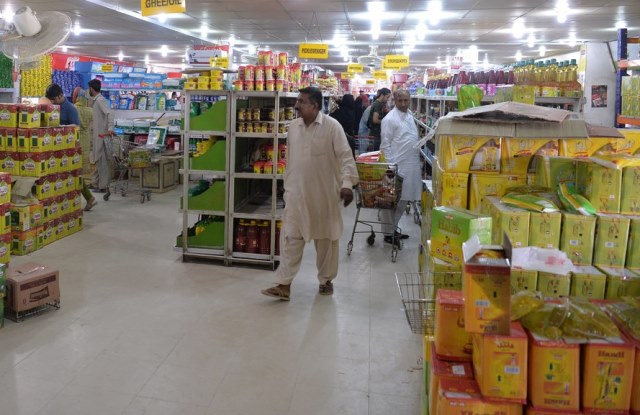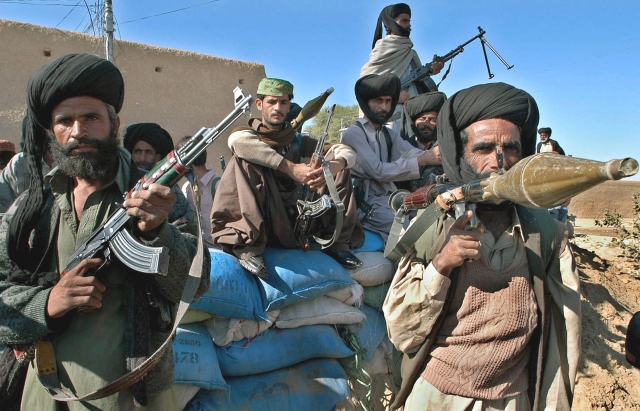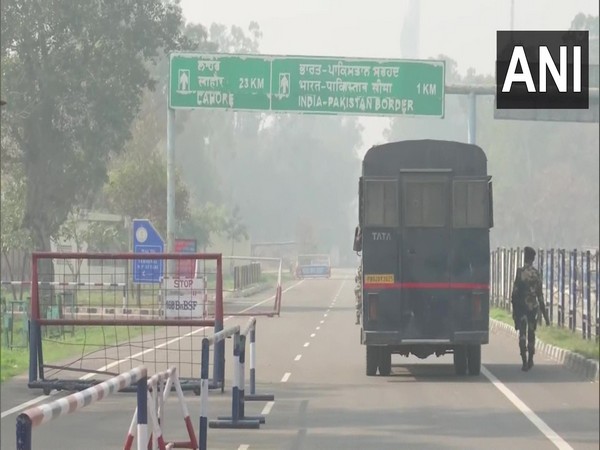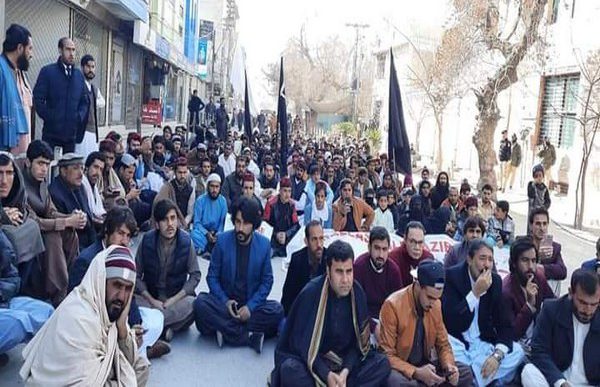Pakistan’s economic crisis is going from bad to worse. The forex reserves in the State Bank of Pakistan (SBP) has recently touched the lowest mark of USD 4.343 billion just enough for two weeks. This is just due to the ineptitude of the political class and over-involvement of the army in decision-making, reported Financial Post.
According to the Washington-based financial news organisation, this dip in forex reserves came after a loan of USD 1 billion was repaid by Pakistan to two United Arab Emirates (UAE) banks. The remittances to Pakistan abroad have declined from USD 15.8 billion to USD 14.1 billion. Notably, on January 6, the forex reserves in the SBP touched the lowest mark of USD 4.343 billion, just enough for two weeks.
The low forex reserves have also become the reason for severe food inflation because of which people are struggling to survive without the required food and energy resources, the Financial Post reported.
Now, Pakistan after getting a portion of a six-billion-dollar loan from the International Monetary Fund (IMF) hopes to receive financial support and aid from international financial organisations and friendly countries, such as Saudi Arabia, China, and the UAE, the report said.
Pakistan had previously raised USD 10 billion dollars at a donor conference in Geneva on January 10 for the floods that had hit the country from June to October last year.
It must be noted here that Pakistan had actually urged for USD 16 billion as an aid for flood recovery. Interestingly, 90 per cent of these financial ‘pledges’ (USD 8.7 billion) were project loans that will be rolled out over the next three years. Although the terms of these loans have not been revealed yet, which raises concerns over its repayment on the given deadline, the Financial Post report claimed.
To support Pakistan, Saudi Arabia has said to deposit another USD 2 billion with the State Bank of Pakistan, after conducting a “study”, adding to this UAE is also expected to provide USD 3 billion in financial assistance. Similar help is expected from China also, the report said.
Ironically, all of this financial help is in the form of loans which will increase Pakistan’s long-standing debt and increase its yearly debt servicing requirements. Similarly, the country already is facing difficulty in clearing import consignments and letters of credit due to delays in payments from banks, it said.
Another reason for the country’s poor economic condition as highlighted by the report is the recurring economic crises in Pakistan, primarily caused by a persistent fiscal deficit which is a result of the government’s tendency to overspend, neglect increase in domestic resources, and engage in excessive spending, the report said.
It was “shameful to have a nuclear weapon in one hand and a begging bowl in the other,” Prime Minister Shehbaz Sharif said while addressing the passing-out ceremony of probationary officers of the Pakistan Administration Service (PAS) on January 14, the Financial Post reported.
Although Sharif blamed Pakistan Tehreek-e-Insaf (PTI) for wasting time by causing “political disorder” through street protests. Nevertheless, such political bickering will not help Sharif save Pakistan from the impending default crisis, the Financial Post noted. (ANI)
Read more: http://13.232.95.176/

